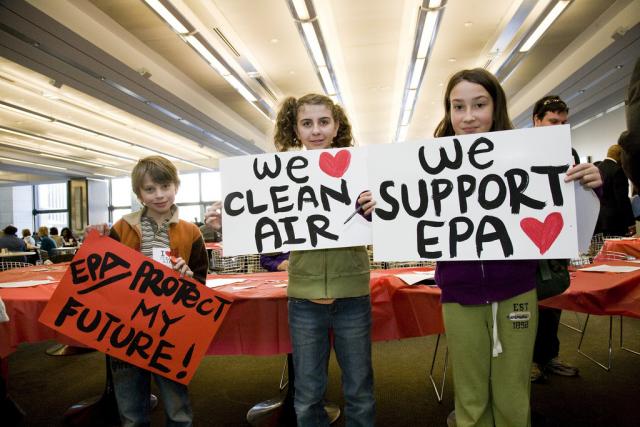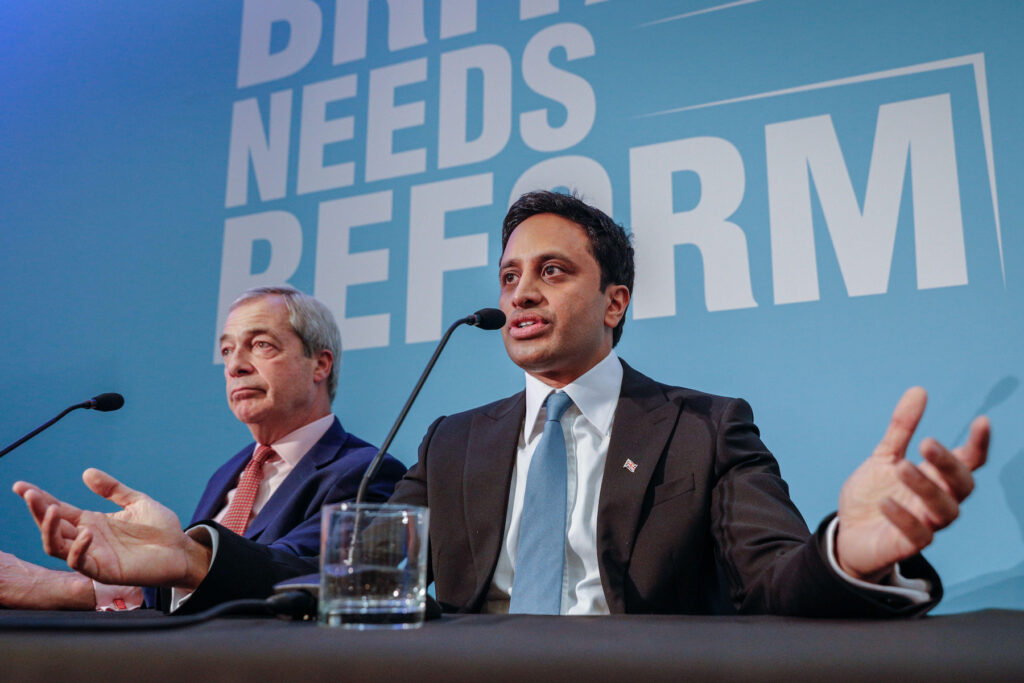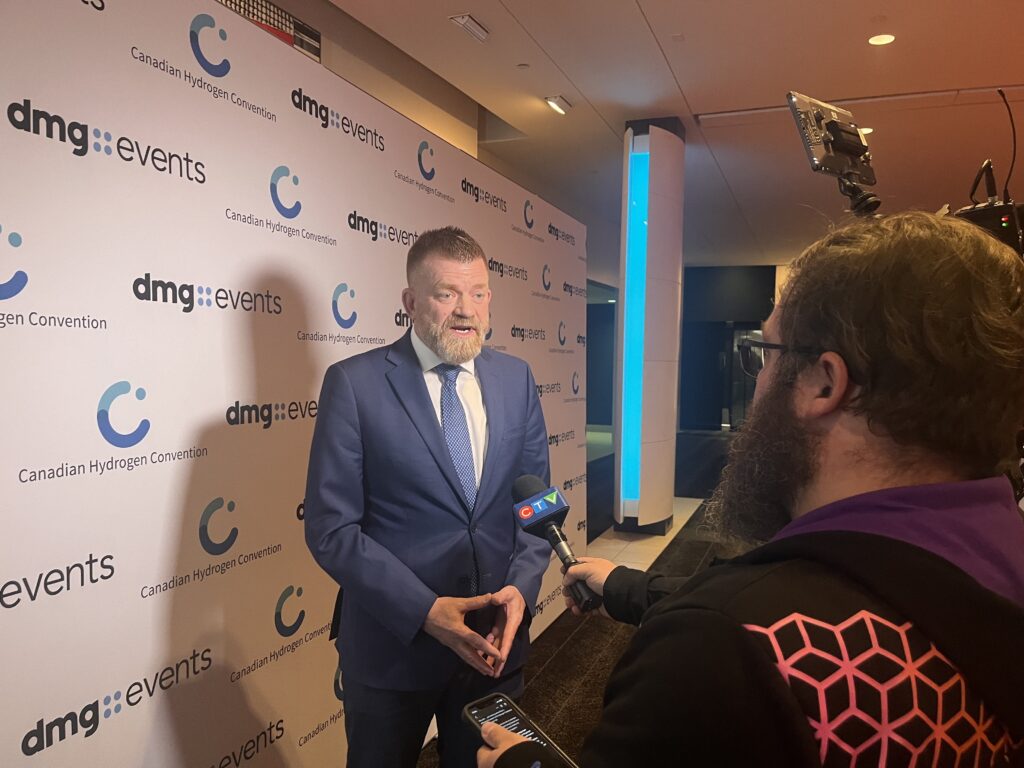Recent polls confirm that Americans across the country and political spectrum actually do agree on at least one thing: that the U.S. Environmental Protection Agency (EPA) should keep doing its job – and even do more – to set limits on air pollution, including greenhouse gas emissions. Unfortunately, two influential groups feel differently than nearly seven in ten Americans on this issue: Republicans in the House of Representatives and the American Petroleum Institute, a powerful lobbying group representing the oil and gas industry.
The Natural Resources Defense Council (NRDC) and the National Lung Association, who represent environmentalists and American lungs, respectively, each released public polls asking whether EPA scientists or Congress should make decisions about pollution limits. A key finding of the National Lung Association poll was that “voters overwhelmingly oppose Congressional action that impedes EPA from updating clean air standards [PPT].
At the same time, Congressional Republicans are claiming a mandate to cut funding for government programs like the EPA. House Republicans almost unanimously voted to prevent the EPA from doing its job – and specifically from enacting regulations on carbon emissions this year – by cutting EPA’s 2011 budget by $3 billion in the spending bill which passed the U.S. House on February 19, 2011. ”This is about listening to our country, listening to the people who just elected this Congress to restore discipline with respect to our spending,” Frank Guinta (R-New Hampshire) said during the debate on the budget legislation. But to whom Republicans are listening should perhaps be up for debate.
Last week, the American Petroleum Institute (API), which spent $6.7 million lobbying the federal government in the past year alone, announced its plans to go the extra mile and start donating directly to Congressional candidates as well in the second quarter of 2011. Oil and gas companies and groups similar to the API are well-documented financial fans of Republican politicians. And who does API feel should be regulating air pollutants and carbon dioxide in particular? Congress, of course.
Ironically, the last question in NRDC’s poll [PDF] even quotes Jack Gerard, president of the API, on this topic:
Some special interests say Congress should step in and prevent the EPA from limiting carbon dioxide pollution. For example, the head of the America Petroleum Institute says Congress should decide when and how greenhouse gases should be regulated. But other public interest groups say Congress should let EPA do its job. The head of the American Public Health Association says that blocking the EPA’s work to reduce carbon pollution could mean the difference between a healthy life for many Americans or battling chronic debilitating illness. Which view do you support?
Sixty-four percent of Americans (and 57 percent of Republicans polled) disagreed with the American Petroleum Institute on this question. All but three Republicans in the U.S. House, on the other hand, seem to be voting on the side of API. Is it any wonder, then, that these polls also revealed the EPA and the Clean Air Act are much more popular than Congress [PDF]?
Photo: Sean Suddes/Sierra Club, Creative Commons
Subscribe to our newsletter
Stay up to date with DeSmog news and alerts







